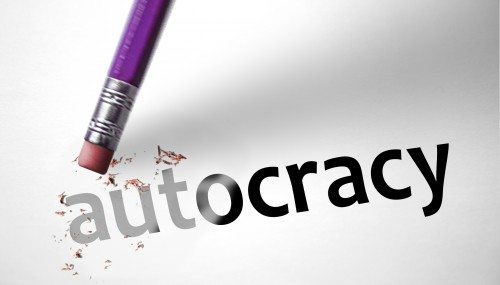
 “The moment you say that any idea system is sacred, whether it’s a religious belief system or a secular ideology, the moment you declare a set of ideas to be immune from criticism, satire, derision, or contempt, freedom of thought becomes impossible.”
“The moment you say that any idea system is sacred, whether it’s a religious belief system or a secular ideology, the moment you declare a set of ideas to be immune from criticism, satire, derision, or contempt, freedom of thought becomes impossible.”
[Defend the right to be offended (openDemocracy, 7 February 2005)]”
― Salman Rushdie
“Reason and free inquiry are the only effectual agents against error.”
― Thomas Jefferson, Writings
“This is slavery, not to speak one’s thought.”
― Euripides, The Phoenician Women
“Hypocrites get offended by the truth.”
― Jess C. Scott, Bad Romance: Seven Deadly Sins Anthology
“Every man — in the development of his own personality — has the right to form his own beliefs and opinions. Hence, suppression of belief, opinion and expression is an affront to the dignity of man, a negation of man’s essential nature.”
[Toward a General Theory of the First Amendment (1963)]”
― Thomas I. Emerson, The System of Freedom of Expression
“It is the rare fortune of these days that one may think what one likes and say what one thinks.”
― Tacitus, Histories of Tacitus
Genuine bravery for a writer…. It is about calmly speaking the truth when everyone else is silenced, when the truth cannot be expressed. It is about speaking out with a different voice, risking the wrath of the state and offending everyone, for the sake of the truth, and the writer’s conscience.”
― Murong Xuecun
“Until every soul is freely permitted to investigate every book, and creed, and dogma for itself, the world cannot be free. Mankind will be enslaved until there is mental grandeur enough to allow each man to have his thought and say. This earth will be a paradise when men can, upon all these questions differ, and yet grasp each other’s hands as friends. It is amazing to me that a difference of opinion upon subjects that we know nothing with certainty about, should make us hate, persecute, and despise each other. Why a difference of opinion upon predestination, or the trinity, should make people imprison and burn each other seems beyond the comprehension of man; and yet in all countries where Christians have existed, they have destroyed each other to the exact extent of their power. Why should a believer in God hate an atheist? Surely the atheist has not injured God, and surely he is human, capable of joy and pain, and entitled to all the rights of man. Would it not be far better to treat this atheist, at least, as well as he treats us?
Christians tell me that they love their enemies, and yet all I ask is—not that they love their enemies, not that they love their friends even, but that they treat those who differ from them, with simple fairness.
We do not wish to be forgiven, but we wish Christians to so act that we will not have to forgive them. If all will admit that all have an equal right to think, then the question is forever solved; but as long as organized and powerful churches, pretending to hold the keys of heaven and hell, denounce every person as an outcast and criminal who thinks for himself and denies their authority, the world will be filled with hatred and suffering. To hate man and worship God seems to be the sum of all the creeds.”
― Robert G. Ingersoll, Some Mistakes of Moses
“If there be time to expose through discussion the falsehood and fallacies, to avert the evil by the processes of education, the remedy to be applied is more speech, not enforced silence.”
[Whitney v. California, 274 U.S. 357 (1927)]”
“Religion grants its adherents malign, intoxicating and morally corrosive sensations. Destroying intellectual freedom is always evil, but only religion makes doing evil feel quite so good.”
― Philip Pullman
“It’s not unpatriotic to denounce an injustice committed on our behalf, perhaps it’s the most patriotic thing we can do.”
― E.A. Bucchianeri, Brushstrokes of a Gadfly
“Restriction of free thought and free speech is the most dangerous of all subversions. It is the one un-American act that could most easily defeat us.”
[The One Un-American Act, Speech to the Author’s Guild Council in New York, on receiving the 1951 Lauterbach Award (December 3, 1952)]”
― William O. Douglas
Sharing knowledge can seem like a burden to some but on the contrary,
it is a reflection of teamwork and leadership.
Unknown